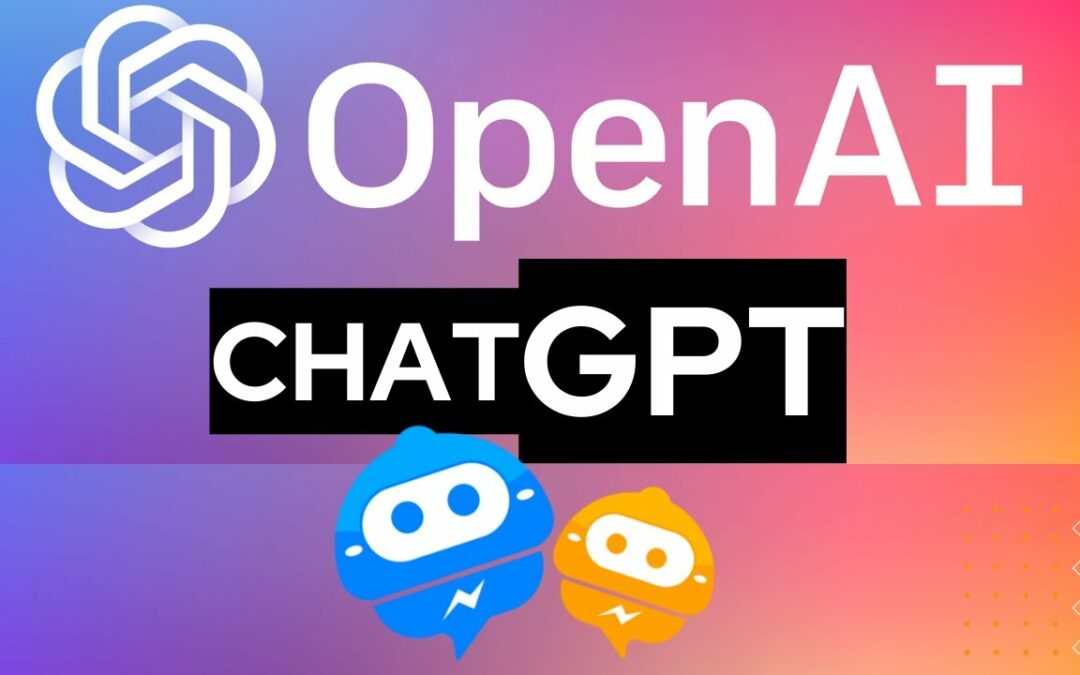From chatbots to deepfakes, here is the lowdown on the current state of artificial intelligence.
Barely a day goes by without some new story about AI, or artificial intelligence. The excitement about it is palpable – the possibilities, some say, are endless. Fears about it are spreading fast, too.
Did you realise for example that ChatGPT’s “knowledge” stops at 2021 so for example asking it “Who is the CEO of X company” will bring up an incorrect answer if the CEO changed in 2022? Or that it only works in an information sense if it has access to current news – which means going behind publisher paywalls. How long before there are legal challenges?
There can be much assumed knowledge and understanding about AI, which can be bewildering for people who have not followed every twist and turn of the debate.
So, the Guardian’s technology editors, Dan Milmo and Alex Hern, are going back to basics – answering the questions that millions of readers may have been too afraid to ask.
Read the full Guardian article here: https://www.theguardian.com/technology/2023/feb/24/ai-artificial-intelligence-chatbots-to-deepfakes?
There has also been much debate along the lines of whether ChatGPT could replace journalists. Read what the FT’s CEO has to say on “Why ChatGPT can’t replace good journalism”:
https://www.raconteur.net/leadership/ft-ceo-chatgpt-journalism/
At Caspia we work with a B2B knowledge management client, Biomni, who have recently integrated ChatGPT into their Tenjin virtual assistant product. Biomni is keen to recognise and manage the current GPT limitations. Trained on massive amounts of data from the internet, ChatGPT can generate incorrect information or create biased content, as OpenAI itself warns. Human moderation, management and context are vital. With the supervision of knowledge moderators, GPT’s capabilities are controlled and knowledge is not drawn from the internet, but from the client’s internal knowledge banks.Read what they think about the pros and cons of ChatGPT for corporate use here. As Andreas Antoniou, CTO at Biomni says:
“One of the most prominent AI examples currently is ChatGPT. It has garnered a lot of attention as one of the largest natural language models to date. It has an incredible ability to generate a natural language response to pretty much any question. This can prove incredibly helpful in scenarios such as drafting content, carrying out research, or even writing computer code. But for many enterprises assessing the corporate usefulness of something like ChatGPT within a wider chat bot initiative in the year ahead, they lack the most important element – your specific data.“
Read Biomni’s press release on the subject here.

